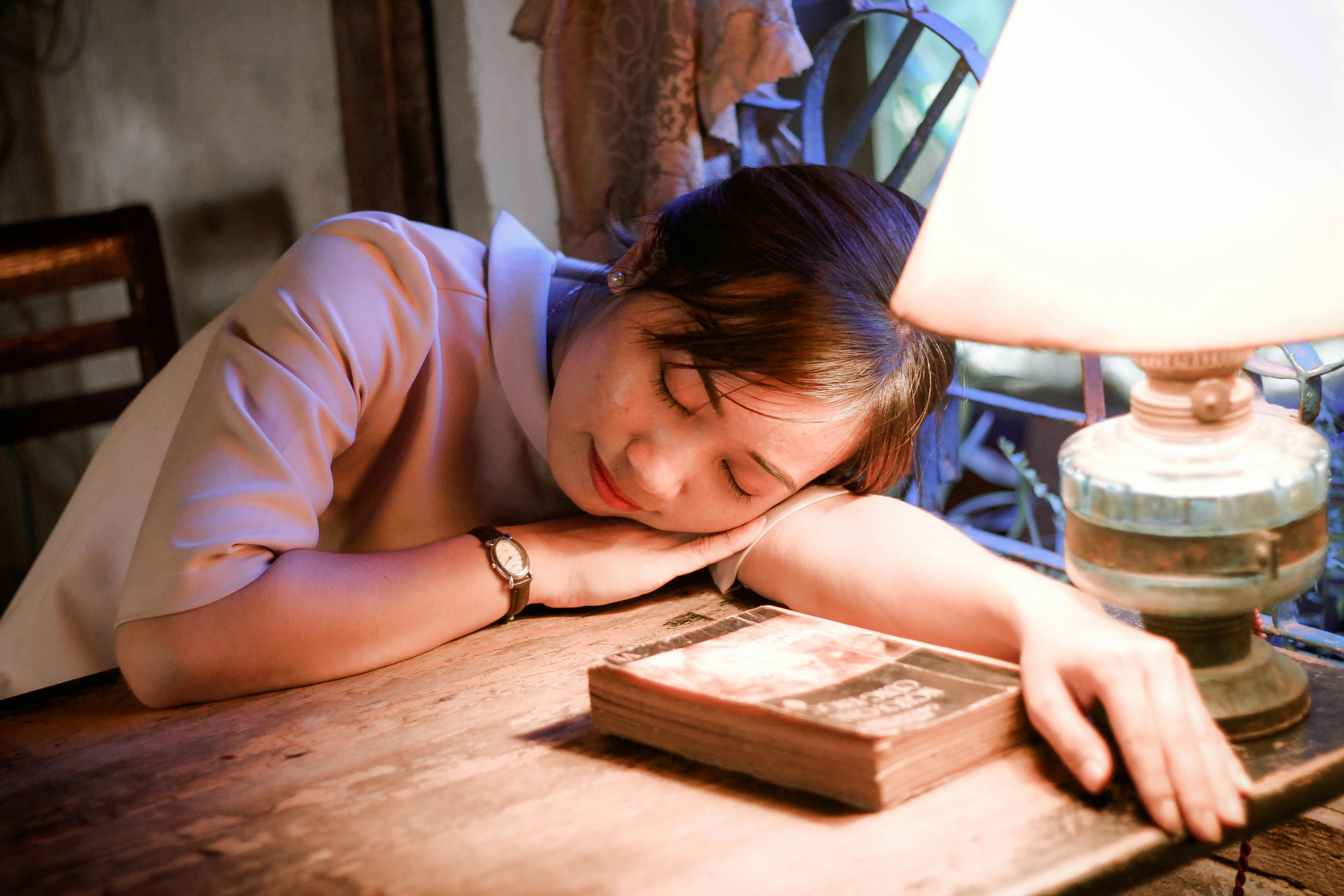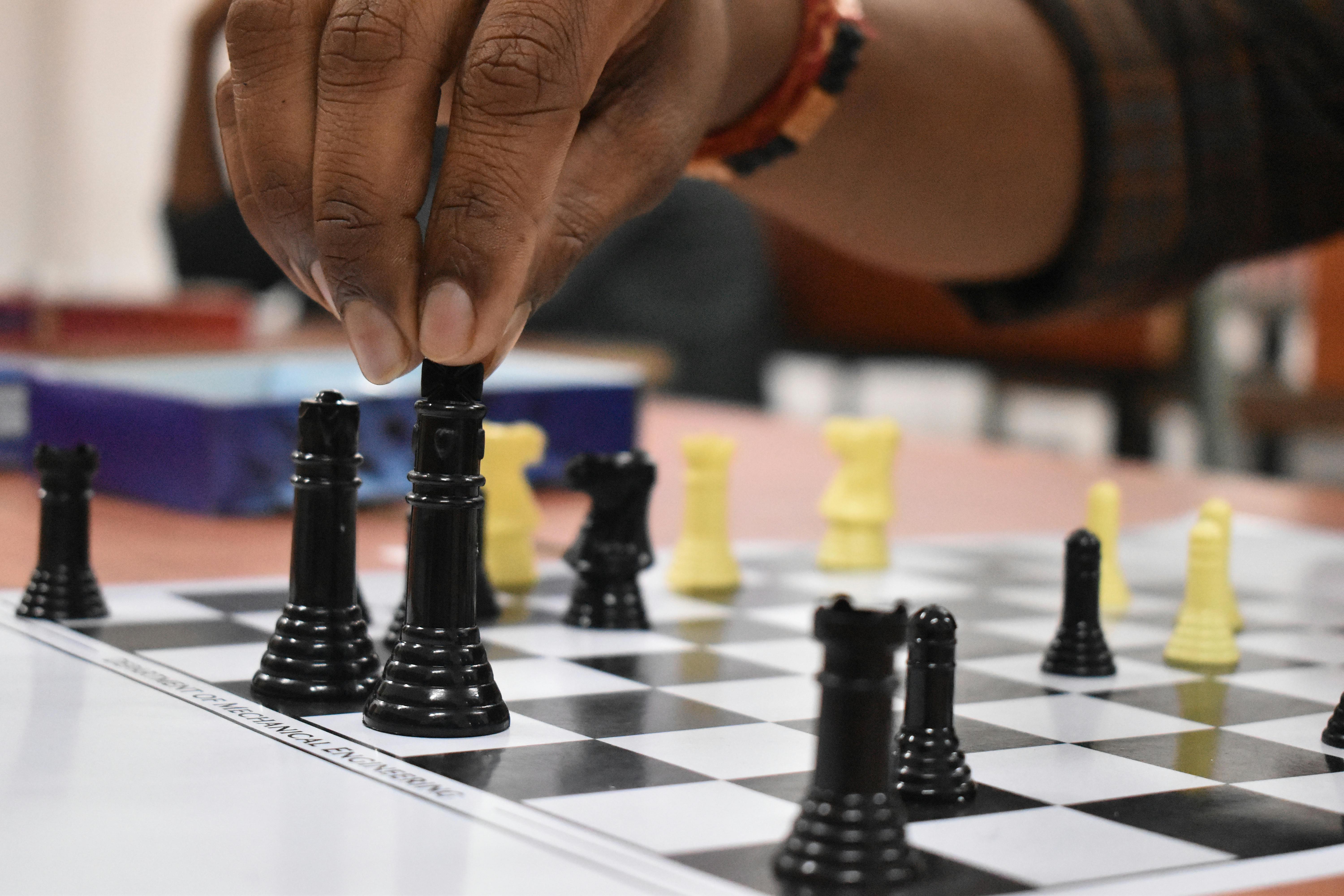The popular Irish Proverb, “A good laugh and a long sleep are the two best cures for anything,” has gained scientific ground. A team of researchers at Duke University in the US has published a study addressing an age-old question: Is it better to make snap judgements—decisions based on first impressions—or delay them and ‘sleep on it’? The findings suggest that sleeping on a decision can help us avoid the pitfalls of hasty judgements, often allowing for a more thorough evaluation of the situation at hand.
The study, published earlier this month, concluded that “sleeping on it” can help prevent judging a book solely by its cover. To validate this hypothesis, researchers conducted a series of experiments involving an imaginary garage sale. Participants were asked to choose items they wanted to include in the sale, with cash incentives tied to the value of the items they selected. This motivated them to determine which boxes held the most valuable items.
Out-of-the-Box Judgement
The value of all the boxes was equal, but this information was not shared with the participants. Some boxes contained valuable items on top, while others had valuable items mixed in with junk. After opening the boxes, participants were asked to estimate the value of each box and select their favorite. Some made immediate judgments, while others "slept on it" and made their decision after an overnight delay.
Researchers observed that participants who made snap decisions, often based their choices, on a few items that were immediately visible. In contrast, those who delayed their decision were better able to consider the overall contents of the boxes. “We found that people are strongly influenced by first impressions. Those who took time to ‘sleep on it’ made more rational choices, equally favoring boxes with valuable items regardless of whether they were at the beginning, middle, or end,” said lead author Dr. Allie Sinclair.
This aligns with the common advice to "not judge a book by its cover." It stands to reason that a fresh perspective, after rest, helps us make clearer and more informed decisions.
The Science Behind The Process
For years, researchers have noted that making quick decisions based on first impressions can be effective in certain scenarios. For example, watching a few minutes of a movie and forming an initial impression helps us decide whether to invest time in watching it or move on. However, for decisions with long-term consequences—such as moving homes, starting or ending a relationship, or making career choices—the adage "sleep on it" holds true.
Dr. Alison Adcock, head author of the study, highlighted how sleep aids decision-making. “When it’s over, our brain consolidates the experience in memory, helping us make better choices, and this process happens overnight.”
Previous studies have shown that sleep impacts decision-making. Research suggests that a good eight hours of sleep can enhance creativity, attentiveness, and emotional regulation, ultimately improving overall health.

Expert Insights on Sleep and Decision-Making
Dr. Alpes Panchal, a psychiatrist in Mumbai, explains that sleep allows the brain to process information at a deeper, subconscious level. “During sleep, especially during the REM (Rapid Eye Movement) cycle, our mind makes connections and evaluates options more holistically than when we are awake. This period of rest often leads to clearer insights and more balanced decisions,” he says.
Clinical psychologist Dr. Monica Sharma adds, “A well-rested mind can assess choices more clearly, filter out distractions, and avoid impulsive reactions. Essentially, sleep provides the mental clarity needed for thoughtful, informed decisions.”
Challenging Conventional Wisdom
Interestingly, not all studies agree on the benefits of sleeping on a decision. A team of researchers at Harvard Business School, led by associate professor Uma R. Karmarkar, conducted experiments that suggested otherwise. Their study, published in the Journal of Behavioral Decision Making, concluded that while sleep has positive cognitive effects, it doesn’t necessarily boost confidence in one’s ability to make the best decision.
“People often feel better after sleeping on a decision, but this doesn’t mean they are more confident in their choice,” said Karmarkar. The researchers found that while sleep helps stabilize information through “sleep-dependent consolidation,” it may not always lead to more satisfying decisions.

Gut Instinct vs. Overthinking
Some studies argue that sleeping on it doesn’t always improve decision-making. Instead, it may simply make individuals feel more comfortable with the decision they had already considered. This is particularly relevant in high-pressure environments, such as business or leadership roles.
Corporate trainer and psychologist Shweta Bose advises against overthinking decisions. “Better advice would be to invest some time in considering a situation, jot down your gut decision, and briefly note potential outcomes. This way, you can avoid hours of circular thinking. Treat decision-making like a profession.”
Leadership coach Imaya Valen believes the time spent on decision-making should correspond to the magnitude of the decision. “Decisions like choosing an outfit for a meeting should not take much time, but major decisions, like changing jobs, require careful thought. Take your time when making life-altering decisions, but ensure you detach yourself from the process to evaluate the situation fairly.”

How Long Should You Wait?
There’s no set rule on how long one should wait before making a decision, notes Valen. “Some elements may always be missing from the outcome. The key is to strike a balance between giving the decision enough time for clarity without overcomplicating the process.”
Author and mental health coach Zachary Phillips in one of his blogs notes that sleep acts as a biological reset. “It’s a new day, and you feel like a new person with new emotions. The pressure from the previous day lifts, putting you in a better state of mind to make decisions.”
Can Delaying Decisions Lead to Procrastination?
While sleeping on a decision may provide clarity, too much delay can lead to procrastination. “Sleeping on it for too long can trap you in indecision. More information can complicate the decision-making process,” warns Bose. For more immediate decisions, there often isn’t the luxury of time. In situations like law enforcement, split-second decisions are critical, with no room for delay.
In Blink, bestselling American author Malcolm Gladwell explores the idea of instinctive decision-making, noting that while it’s valuable to act on gut instinct, that instinct must be well-developed. Experienced professionals, such as surgeons, often rely on instinct when faced with unexpected challenges.
Ultimately, Valen advises that if you have the luxury of time, it’s worth sleeping on important decisions. “But in situations that require quick thinking, it’s best to trust someone with knowledge and experience to help you evaluate the situation.”
Read More:



